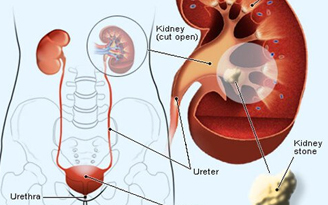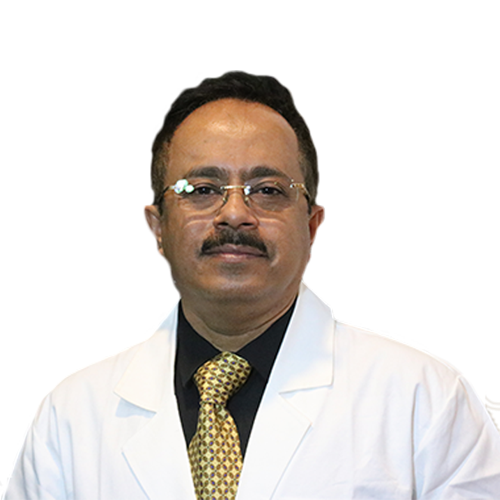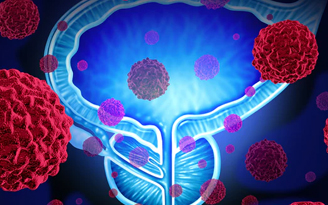Prostate implants promise a cure for prostate cancer in Jaipur
Prostate implants promise a cure for prostate cancer in Jaipur. Prostate brachytherapy, in which radioactive prostate bone is implanted, is a common treatment for prostate cancer that has been successfully treated. A small radioactive seed is smaller than a grain of rice. You can visit us for prostate cancer treatment in Jaipur today!
Bone grafts are prescribed as external beam radiation therapy for men with moderate or high risk prostate cancer, while men with low risk prostate cancer may require one type of radiation therapy. In some cases, it is designed to kill cancer cells while protecting surrounding healthy tissue such as the bladder, urethra, and rectum.
First, this procedure requires only minor surgical treatment and often has less impact than other treatments. Outpatient care is also usually provided within one day. Usually people return to work within a few days if they are healthy. Recent reports suggest that this procedure is at least as effective as surgery in treating prostate cancer when performed on carefully selected patients. Exposure to other types of radiation is minimal, so restrictions do not apply unless people are returning to the area with infants and pregnant women.
In humans, ultrasound is done before implantation to determine where the radioactive bone is. A rectal ultrasound is performed and an ultrasound transducer is gently inserted into the rectum to examine the entire prostate gland. The image is created and displayed on a computer for specific processing purposes. This computer calculates the location of the prostate gland and creates a 3D tablet showing the exact location of the bones.
Most candidates for prostate brachytherapy have blood tests, a chest x-ray, and an ECG a few days before transplant to confirm anesthesia. The next morning after surgery, the man acts as a box and optimizes the quality of the transrectal image. Also, stop taking anticoagulants a few days before surgery to reduce the risk of bleeding.
Usually, the people who receive the seeds arrive early in the morning. The man was then transferred to the operating room, where general anesthesia or subarachnoid spinal anesthesia was performed.
The radiation therapist places the bone into the prostate using a treatment plan and a microscope. The whole process took about an hour or less. After moving the bone, the best urologist performs a cystoscopy, finds and removes the bone in the bladder or urethra. Scan to find a frog within a few days.
Prostate Seed Transplantation: Recovery
Because prostate implants do not require major surgery, the side effects are rarely serious. The most common side effects reported by men after a prostate transplant are:
It has also been shown that up to 20% of male lungs affect bones. But there are no side effects. Some require transurethral resection. This site "heals" the prostate gland of the penis and prevents sperm from entering the urinary tract after implantation.
Men who have undergone prostate brachytherapy report visits every 4 weeks and 3 months after surgery. Blood tests and a surgical PSA study were performed to assess the condition of the prostate gland.
The good news is that prostate implants are often effective in fighting prostate cancer. Local governments are involved in protecting men from prostate cancer.




Comments
Post a Comment